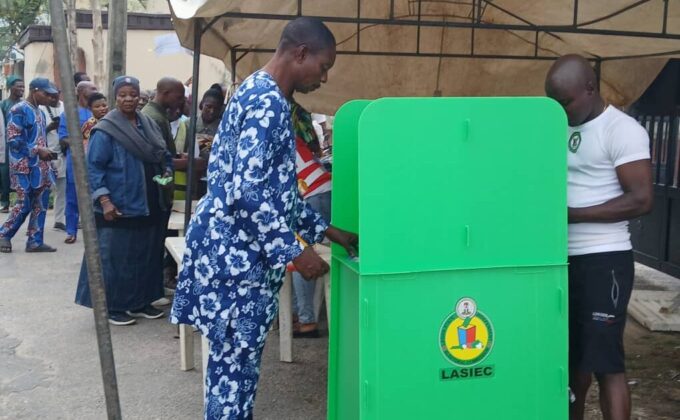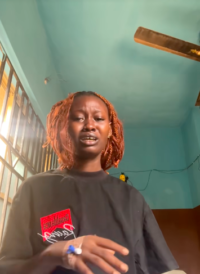From Adesuwa Tsan, Abuja
The Nigerian Senate has passed the Local Automotive Industry Patronage Bill, 2025, for second reading, aiming to mandate Ministries, Departments, and Agencies (MDAs) to prioritise locally manufactured automobiles in their procurement processes.
Sponsored by Senator Ndubueze Patrick Chiwuba (Imo North), the bill was debated during plenary on Thursday, May 15.
Senator Ndubueze decried Nigeria’s overreliance on imported vehicles, which he said weakens the naira, fuels inflation, and undermines local industries. “We have failed to institutionalise the use of indigenous products, brands, and services in Nigeria and have instead glorified foreign goods of no particular superior quality,” he stated.
He noted that of 54 issued automobile manufacturing licences, only six companies remain operational due to forex shortages and poor infrastructure, with some automakers relocating to Ghana for export back to Nigeria.
Ndubueze proposed that at least 75% of official vehicles for public officers and civil servants be locally manufactured, not just assembled, to boost the economy, protect the naira, and create jobs. He outlined strict criteria for qualifying manufacturers, including a 70% Nigerian workforce, 75% local R&D investment, and advanced technology like robotic painting and electrophoresis systems.
“Government support for local industry should be seen as both strategically important, a long-term investment, and a national security imperative,” he argued, citing China, India, and Malaysia, which banned imported cars to nurture their automotive sectors.
Senate Chief Whip Tahir Mongunu supported the bill, stating it would give legal backing to the Federal Executive Council’s directive on prioritising local products, safeguarding it from future reversals. Deputy Senate President Barau Jibrin added that the bill would create jobs for automobile engineers and attract investors.
The bill aligns with President Tinubu’s “Nigeria First Policy”, which mandates MDAs to prioritise local goods and directs the Bureau of Public Procurement (BPP) to enforce revised guidelines. The Senate referred the bill to the Committee on Public Procurement, with a report due in four weeks.


















Leave a comment